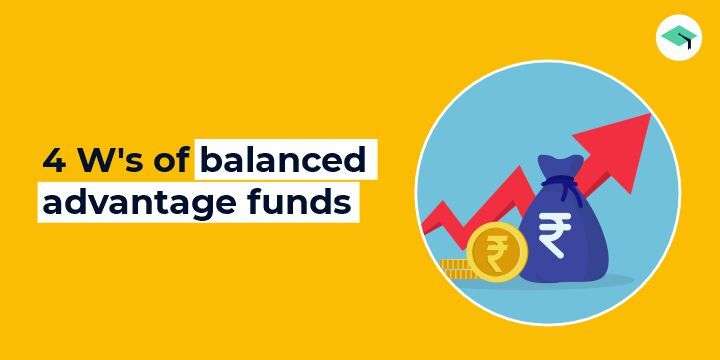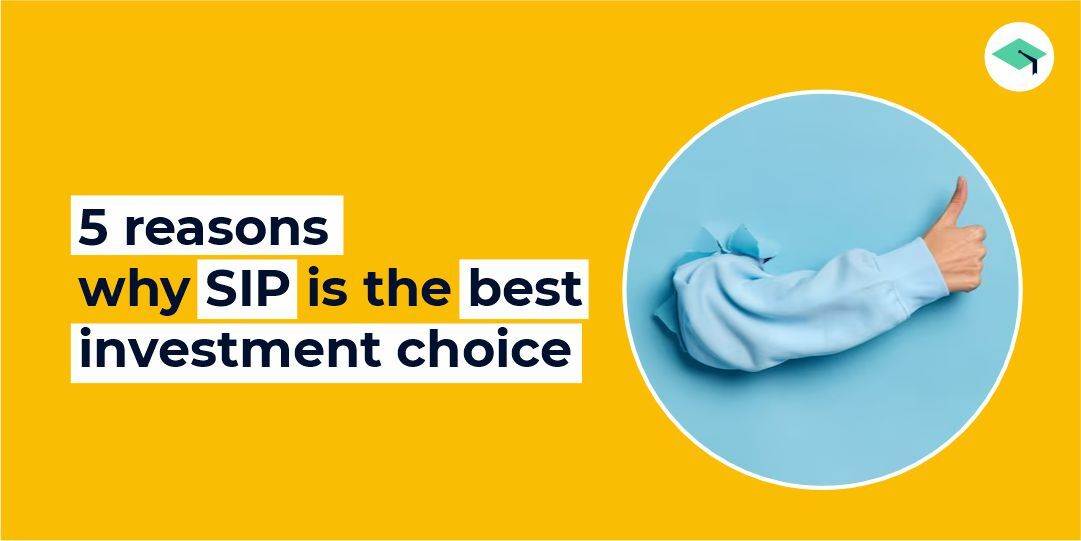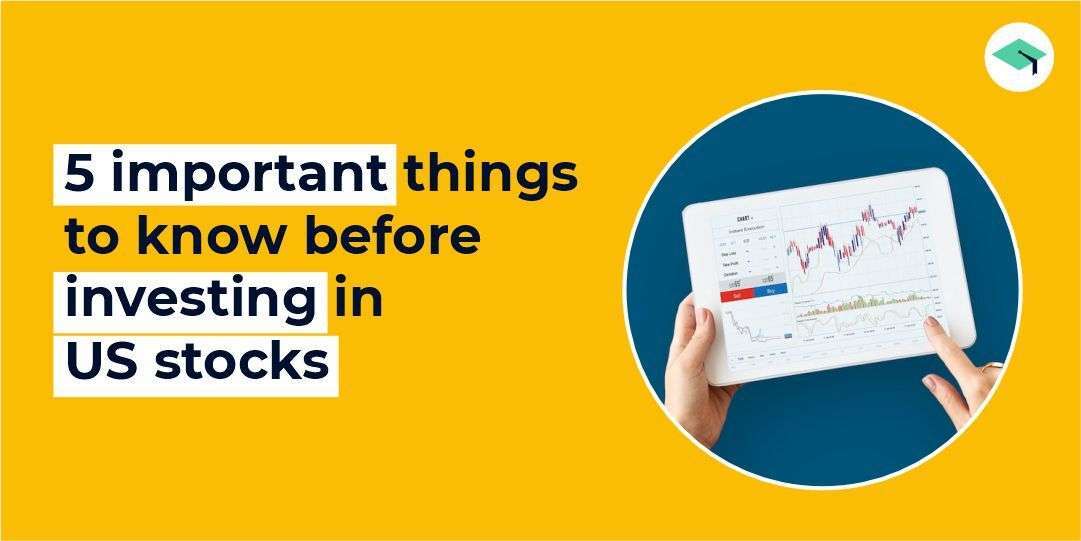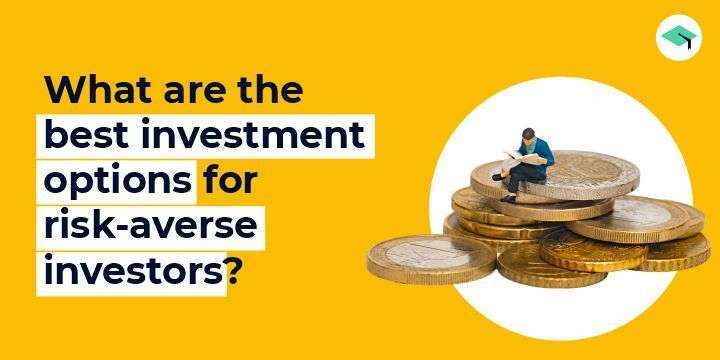What is NFO in mutual funds?

In the previous article, we discussed AUM in mutual funds. In this article, we will discuss NFO in mutual funds.
When it comes to mutual funds, there are a lot of acronyms and jargon that can be confusing for new investors. One such term you may have heard of is NFO or a New Fund Offer.
NFO is a term used in the mutual fund industry to describe the initial public offering of a new mutual fund. In other words, an NFO is when a mutual fund company first offers shares of a new mutual fund to the public.
The NFO period is typically a limited-time offer, during which investors can purchase shares of the new mutual fund at a discount on the fund’s actual value.
After the NFO period expires, the claims of the new mutual fund will trade on the open market at their then-current market value.
Understanding NFO (New Fund Offering)
NFO in a mutual fund can be very beneficial for new investors. So, how do you know whether an NFO is worth your time?
You’ll want to consider when an NFO is happening in your market.
Let’s say you’re in the market for a new mutual fund. If you see that an NFO is happening, you’ll want to pay attention to the dates when that NFO begins, how long it lasts, and which funds that one offers.
If you’re interested in purchasing a new mutual fund, you’ll need to watch the dates when that new fund begins its NFO. You’ll also want to pay attention to the NFO terms, particularly the discounts you’d receive for purchasing the shares of a new fund during the period offered.
Finally, you’ll want to pay attention to the new fund’s performance history. If you’re already familiar with the historical performance of a particular fund, you may want to purchase shares of that fund instead.
Types of NFO in Mutual Funds
1. Open-ended mutual funds
The vast majority of funds available through NFO are open-ended mutual funds. There are no constraints on the investment time or the number of units in an open-ended mutual fund scheme.
Once the mutual fund is active, fund units can be purchased or sold based on the current NAV.
2. Closed-ended mutual funds
Closed-ended mutual funds do not enable investment or withdrawal from the fund after the NFO completes, usually 3 to 4 years. These funds’ units trade on the open market.
However, their liquidity is less when compared to open-ended funds.

Benefits of NFO in Mutual Funds
A new fund offer (NFO) is an offer of units in a mutual fund scheme made by the fund house to the public. It is a way through which a mutual fund scheme launches.
When a mutual fund house launches a new scheme, it first offers the units of the scheme to its existing unit holders.
If there are any unsold units after this, the mutual fund house can offer these to the public. A new fund offer is also a public issue of units or an initial public offer (IPO).
The benefits of investing in a new fund offer are many. Some of these benefits are:
- The opportunity to invest in a new scheme that may not be available through regular channels such as banks and brokerages.
- The chance to get higher returns than what is available in the secondary market.
- The chance to invest in a scheme is still in the initial stage of development.
- The chance to invest in a scheme that may not have been listed on a recognized stock exchange.
- The chance to invest in a scheme with a good track record of performance in the recent past.
- The chance to invest in a scheme backed by a knowledgeable and experienced management team.
- The chance to invest in a scheme may be an excellent long-term investment.
- The chance to invest in a scheme backed by experienced investors.
- The chance to invest in a scheme with a good track record of performing well.
- The chance to invest in a reliable scheme backed by a reliable source.
How do you invest in an NFO?
An NFO or a New Fund Offer is an investment option made available by mutual fund companies to their investors. It is a way through which the mutual fund company can raise money from the public by issuing units or securities in a new fund.
Such a fund is called a new fund, and it can be of any type. It may be a balanced fund, a stock fund, or a debt fund. Mutual fund companies offer NFOs to investors in two ways. One is using a prospectus, and the other way is using a letter.
The difference between an NFO and an IPO (Initial Public Offering) is that in an NFO, the mutual fund company does not offer all the units or securities of the new fund to the public. It provides only a part of the total.
The rest is there with the mutual fund company for its use. In the case of an IPO, all the units are offered to the public. Therefore, it is called the total offer.
Difference NFO vs IPO
In the case of an IPO, the units or securities are offered in the form of a certificate. This certificate needs to be issued to the investor as a stock certificate.
Then, the mutual fund company gives a prospectus and offers the certificate holders a chance to buy additional units or securities from the mutual fund company.
Things to keep in mind before investing in an NFO
Here are 3 things to keep in mind before investing in an NFO:
- The reputation of an AMC: The track record of the AMC influences the assets under management and the performance of a new NFO.
- Minimum Investment – There is always a stipulated number of units that must be bought in the NFO.
- Nature of instrument – An NFO documentation provides information about the risk associated with the fund, suitability, expected ROI, etc.
FAQs
What is NFO in mutual funds?
NFO is a term used in the mutual fund industry to describe the initial public offering of a new mutual fund. In other words, an NFO is when a mutual fund company first offers shares of a new mutual fund to the public.
Is it good to invest in NFO mutual funds?
NFO mutual funds can be risky investments. Unlike other mutual funds, they do not have a performance history that can be checked to determine their success or past performance.
Which is better NFO or IPO?
NFO and IPO are two different investments.
In an IPO, the units or securities are offered in the form of a certificate. This certificate needs to be issued to the investor as a stock certificate.
Then, the mutual fund company gives a prospectus and offers the certificate holders a chance to buy additional units or securities from the mutual fund company.
Is NFO taxable?
Yes, NFOs are taxed like other mutual funds.
What are the benefits of investing in NFOs?
Here are some benefits of investing in NFOs:
The opportunity to invest in a new scheme that may not be available through regular channels such as banks and brokerages.
A chance to get higher returns than what is available in the secondary market.
A scheme is still in the initial stage of development.
A new scheme that may not have been listed on a recognized stock exchange.
Invest in a scheme backed by a knowledgeable and experienced management team.
Is NFO a good investment?
Ans. An investor should not invest in a fund only because its net asset value (NAV) is low during NFO. The price at which the cash raised during an NFO will be invested is more crucial. Let’s say there are two schemes: Scheme A and Scheme B. Units in Scheme A are brand new and come with a face value of Rs.
Is it better to invest in an NFO or mutual fund?
Ans. Existing mutual funds have a competitive advantage in terms of information and performance, but NFO opens a new market.
What is the benefit of NFO?
Ans. A mutual fund house can raise money through an NFO to buy securities or debt instruments. Consumers can commonly purchase units from AMCs for INR 10 per unit NAV for a subscription period of ten (10) to fifteen (15) days.

Consult an expert advisor to get the right plan for you
recommended reading














